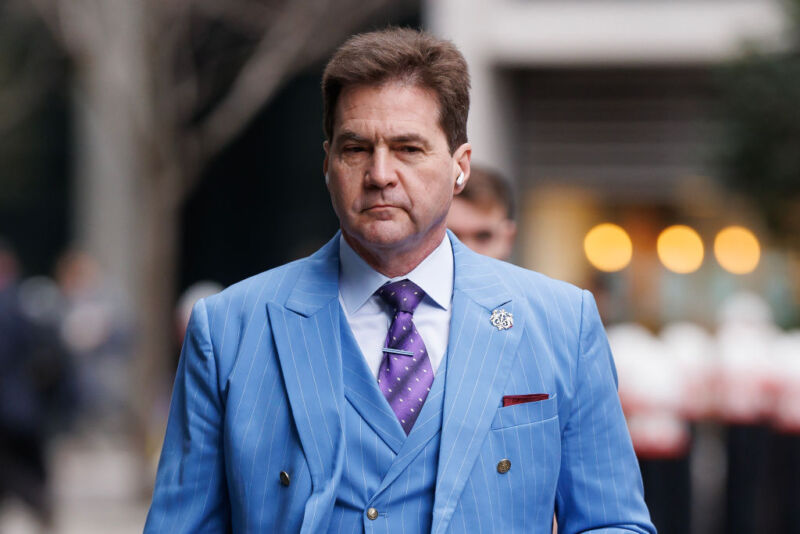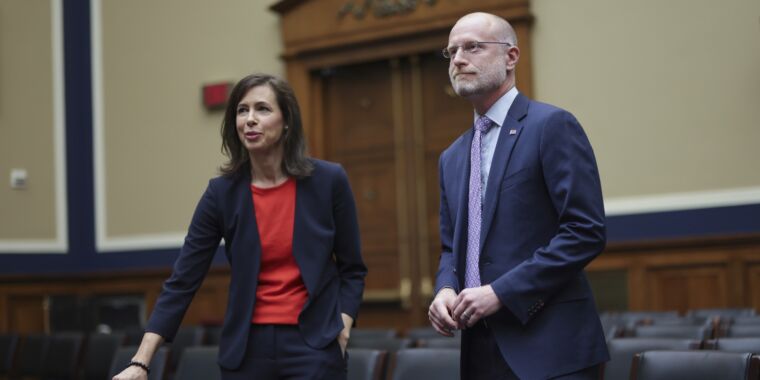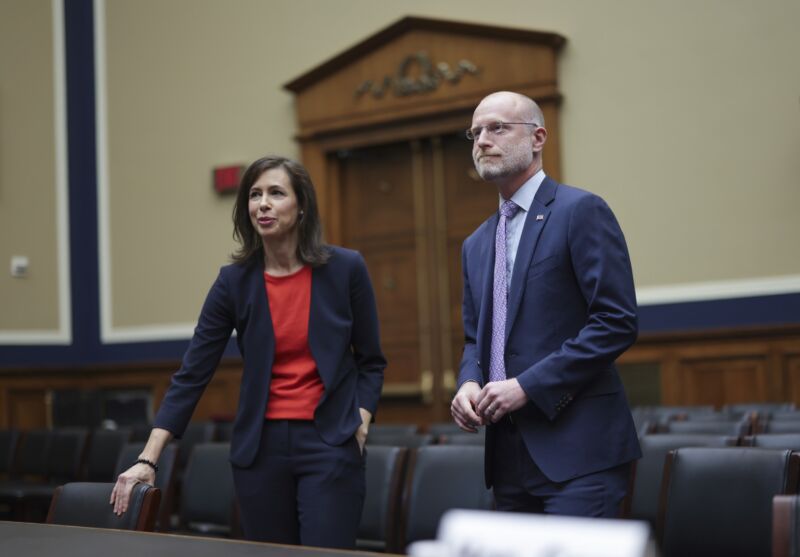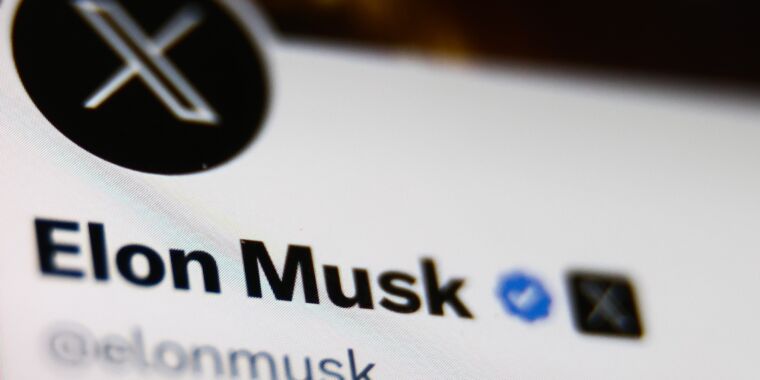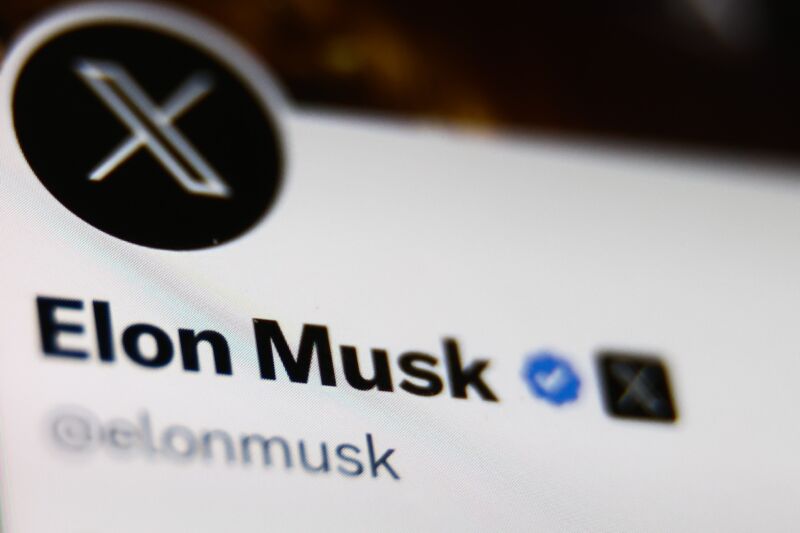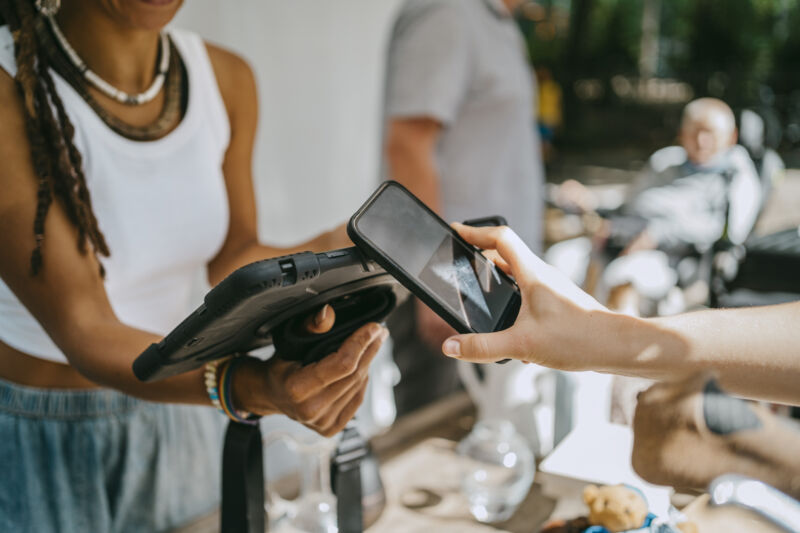Meta tells court it won’t sue over Facebook feed-killing tool—yet

This week, Meta asked a US district court in California to toss a lawsuit filed by a professor, Ethan Zuckerman, who fears that Meta will sue him if he releases a tool that would give Facebook users an automated way to easily remove all content from their feeds.
Zuckerman has alleged that the imminent threat of a lawsuit from Meta has prevented him from releasing Unfollow Everything 2.0, suggesting that a cease-and-desist letter sent to the creator of the original Unfollow Everything substantiates his fears.
He’s hoping the court will find that either releasing his tool would not breach Facebook’s terms of use—which prevent “accessing or collecting data from Facebook ‘using automated means'”—or that those terms conflict with public policy. Among laws that Facebook’s terms allegedly conflict with are the First Amendment, section 230 of the Communications Decency Act, the Computer Fraud and Abuse Act (CFAA), as well as California’s Computer Data Access and Fraud Act (CDAFA) and state privacy laws.
But Meta claimed in its motion to dismiss that Zuckerman’s suit is too premature, mostly because the tool has not yet been built and Meta has not had a chance to review the “non-existent tool” to determine how Unfollow Everything 2.0 might impact its platform or its users.
“Besides bald assertions about how Plaintiff intends Unfollow Everything 2.0 to work and what he plans to do with it, there are no concrete facts that would enable this Court to adjudicate potential legal claims regarding this tool—which, at present, does not even operate in the real world,” Meta argued.
Meta wants all of Zuckerman’s claims to be dismissed, arguing that “adjudicating Plaintiff’s claims would require needless rulings on hypothetical applications of California law, would likely result in duplicative litigation, and would encourage forum shopping.”
At the heart of Meta’s defense is a claim that there’s no telling yet if Zuckerman will ever be able to release the tool, although Zuckerman said he was prepared to finish the build within six weeks of a court win. Last May, Zuckerman told Ars that because Facebook’s functionality could change while the lawsuit is settled, it’s better to wait to finish building the tool because Facebook’s design is always changing.
Meta claimed that Zuckerman can’t confirm if Unfollow Everything 2.0 would work as described in his suit precisely because his findings are based on Facebook’s current interface, and the “process for unfollowing has changed over time and will likely continue to change.”
Further, Meta argued that the original Unfollow Everything performed in a different way—by logging in on behalf of users and automatically unfollowing everything, rather than performing the automated unfollowing when the users themselves log in. Because of that, Meta argued that the new tool may not prompt the same response from Meta.
A senior staff attorney at the Knight Institute who helped draft Zuckerman’s complaint, Ramya Krishnan, told Ars that the two tools operate nearly identically, however.
“Professor Zuckerman’s tool and the original Unfollow Everything work in essentially the same way,” Krishnan told Ars. “They automatically unfollow all of a user’s friends, groups, and pages after the user installs the tool and logs in to Facebook using their web browser.”
Ultimately, Meta claimed that there’s no telling if Meta would even sue over the tool’s automated access to user data, dismissing Zuckerman’s fears as unsubstantiated.
Only when the tool is out in the wild and Facebook is able to determine “actual, concrete facts about how it works in practice” that “may prove problematic” will Meta know if a legal response is needed, Meta claimed. Without reviewing the technical specs, Meta argued, Meta has no way to assess the damages or know if it would sue over a breach of contract, as alleged, or perhaps over other claims not alleged, such as trademark infringement.
Meta tells court it won’t sue over Facebook feed-killing tool—yet Read More »


